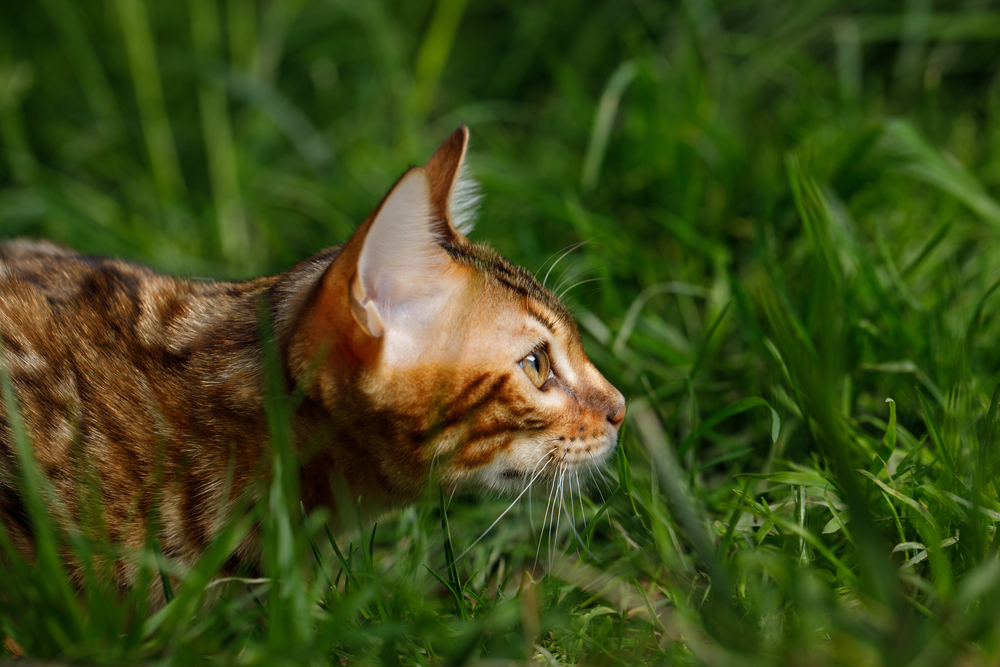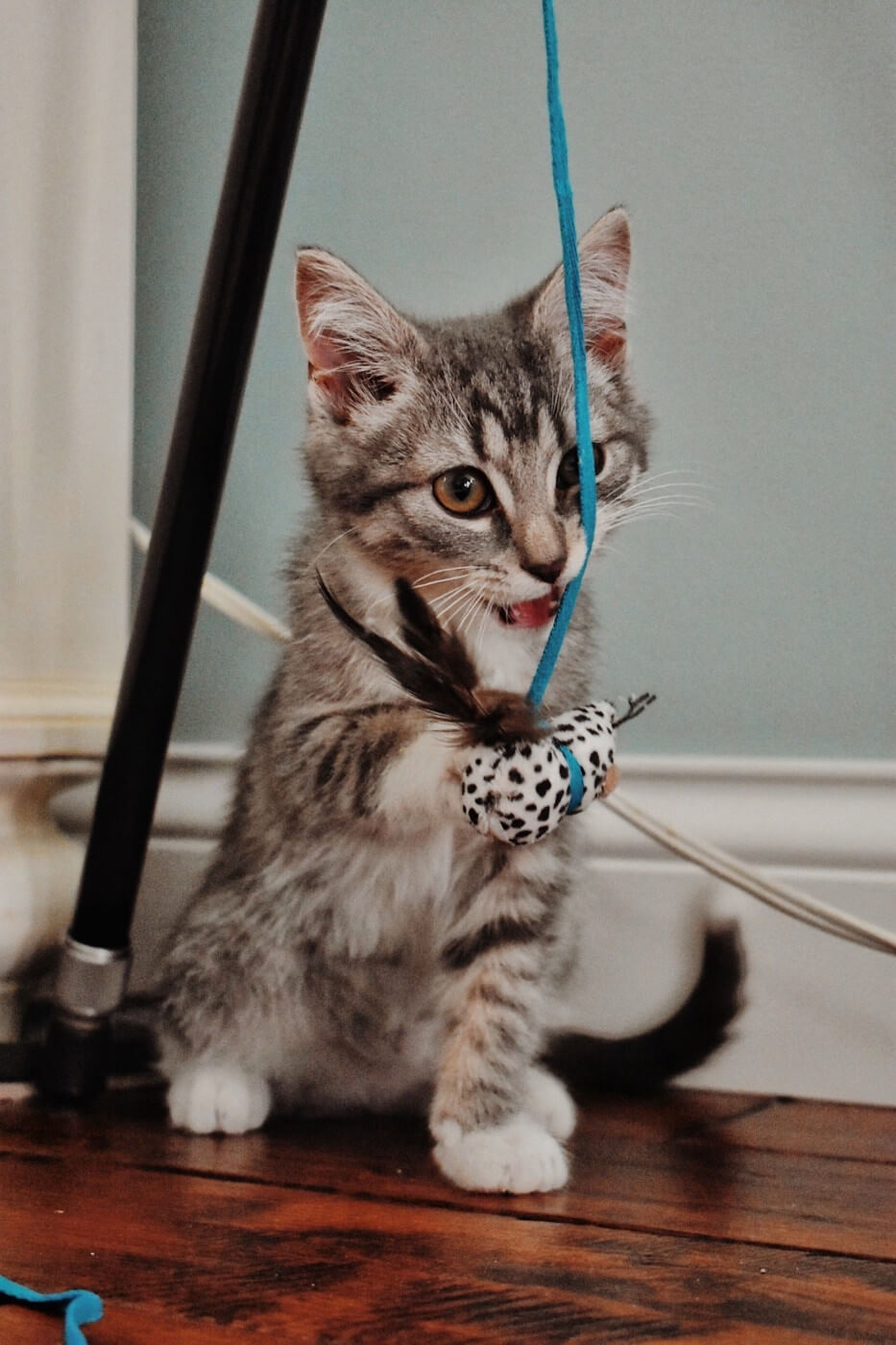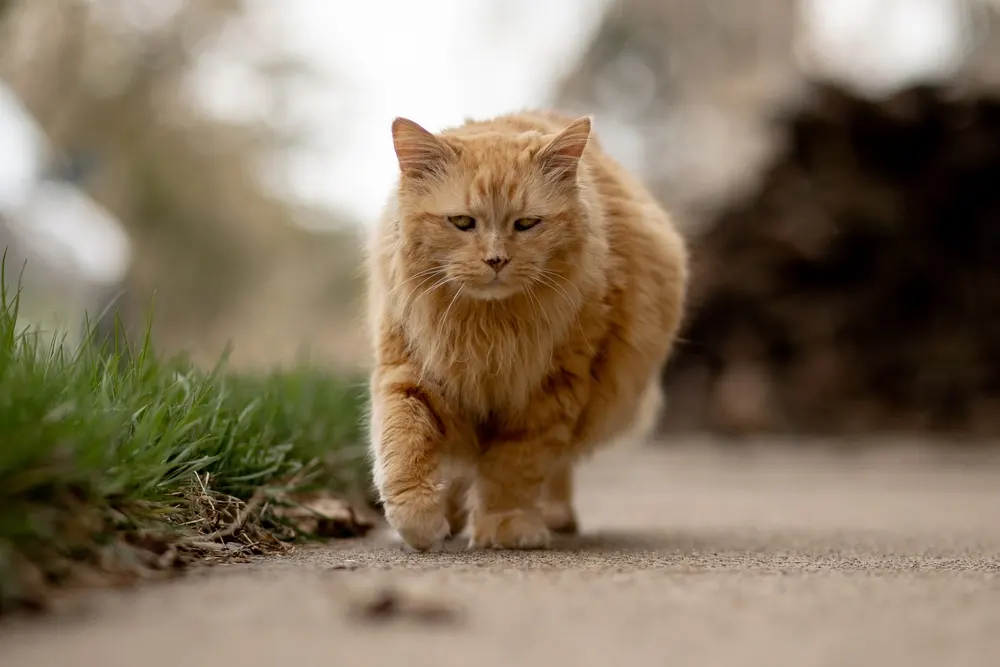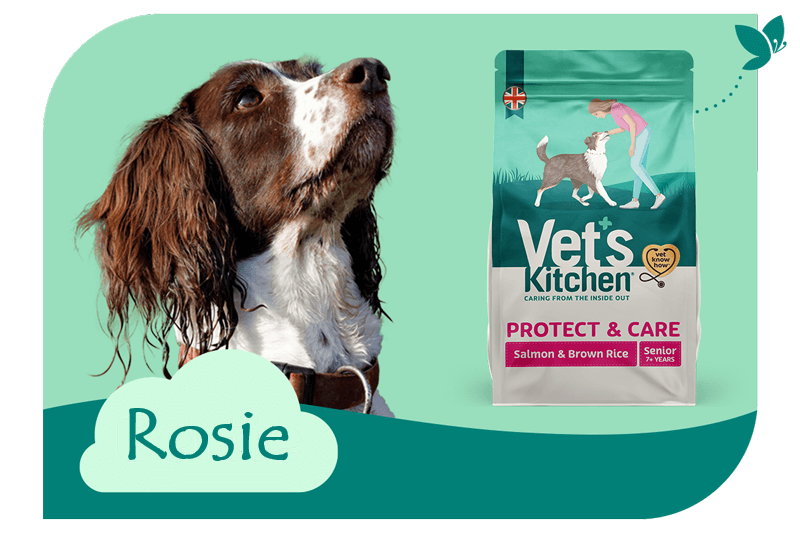
Love cats and wildlife?
August 11th 2022
Are you concerned that your beloved family member could be harming local wildlife?
In April 2022 a study[i] was published on the predation rates of UK cats. Based on the habits of 79 cats from both urban and suburban areas the researchers were able to estimate that cats in the UK kill between 160–270 million prey individuals per year ranging from rats and mice to birds and rabbits.
The good news is that there are things you can do to keep both your cat happy, and wildlife safer.
Should I keep my cat indoors?
Some cats must live as indoor pets, for example if they live by busy roads or if they have a medical condition that could spread to other cats such as FIV (feline immunodeficiency virus).
Cats can be very happy living as an indoor pet, but they do require more mental stimulation, games with their owner and environmental enrichment than a cat that is allowed to roam outside.
However, most cat owners prefer to allow their cat to roam outside, and this could put local wildlife at risk.
What can cat owners do to protect wildlife?
Research[ii] from 2021 showed there are several things owners can do to reduce hunting behaviour in their pet cat.
PLAY – in households where the owners started daily playing with their cat for just 5-10 minutes per day, hunting behaviour was reduced by 25%. The study used a ‘fishing rod’ type toy and a toy mouse.
BELL or COLLAR COVER- Collars with a bell did not make any difference to the number of birds or mammals cats killed and brought home. However, cats wearing a Birdsbesafe® collar cover (these collar covers look like very bright hair scrunchies) reduced the numbers of birds captured and brought home by 42%.
HIGH MEAT BASED CAT FOOD – providing a diet (a mix of wet and dry) high in meat reduced hunting behaviour by 36%.
Interestingly, puzzle feeders are usually recommended to aid mental stimulation and promote the well-being of cats. However, in this study feeding cats out of a puzzle feeder increased predation. The researchers put this down to several factors including frustration and hunger in cats that had not been trained to use the feeder correctly and were unable to easily access the food.

How can Vet’s Kitchen food help?
Our dry food has a high animal protein content and a high level of freshly prepared meat or fish, totalling 80% chicken or salmon depending on which variety your cat prefers. The high levels of meat and fresh ingredients make our food highly digestible and palatable – as well as the ideal food to mix with your cat’s favourite wet diet.
[i] Pirie, T.J., Thomas, R.L. & Fellowes, M.D.E. 2022, “Pet cats (Felis catus) from urban boundaries use different habitats, have larger home ranges and kill more prey than cats from the suburbs”, Landscape and urban planning, vol. 220, pp. 104338.
[ii] Cecchetti, M., Crowley, S.L., Goodwin, C.E.D. & McDonald, R.A. 2021, “Provision of High Meat Content Food and Object Play Reduce Predation of Wild Animals by Domestic Cats Felis catus”, Current biology, vol. 31, no. 5, pp. 1107-1111.e5.
Photo of cat with mouse by Dorothea OLDANI on Unsplash

 Shop Dog
Shop Dog
 Shop Cat
Shop Cat
 Vet Know-how
Vet Know-how Contact
Contact


